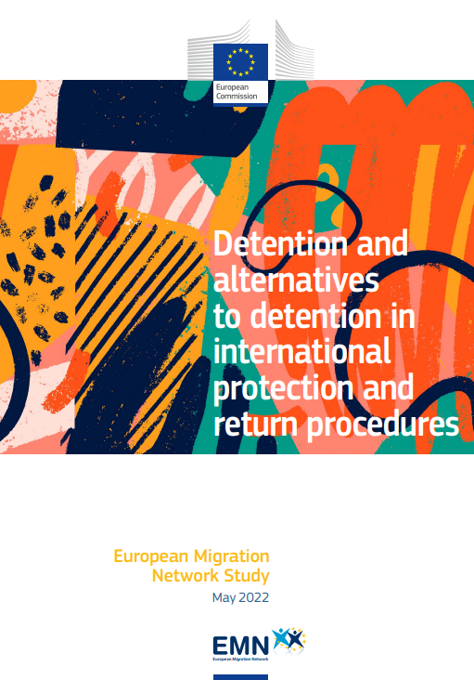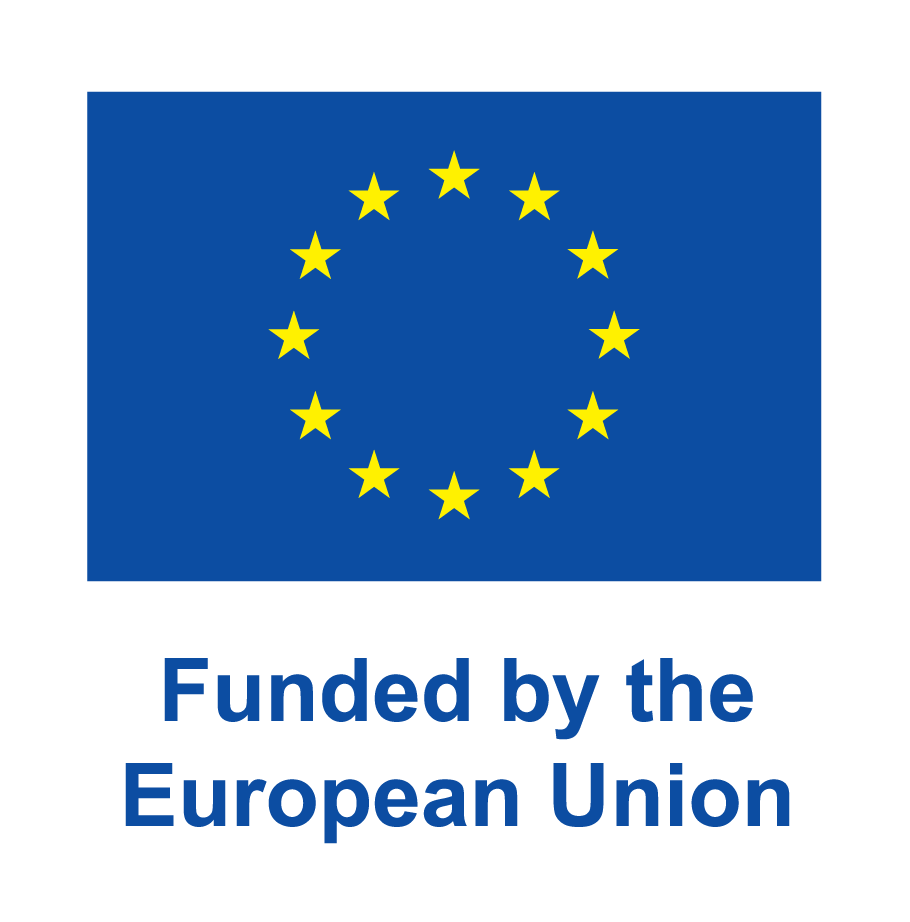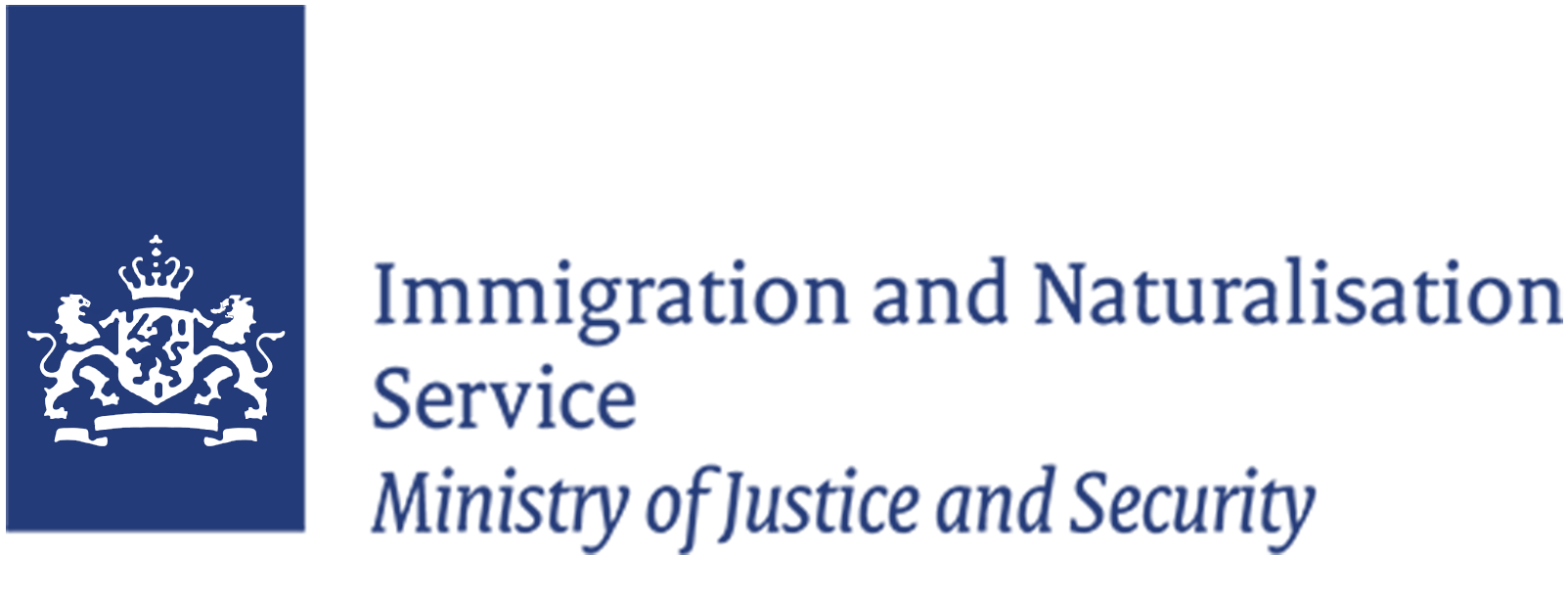EMN study in EU Member States on (alternatives to) immigrant detention in international protection and return procedures. The study identifies similarities, differences, practical challenges, and best practices in the Member States.
EMN Study | Detention
Study: Detention and alternatives to detention
Update including benchmark EMN Netherlands, 14 July 2022
EMN Study: 'Detention and alternatives to detention in international protection and return procedures'
Research period – 2015-2020
Participating countries – Belgium (BE), Bulgaria (BG), Cyprus (CY), Germany (DE), Estonia (EE), Finland (FI), France (FR), Greece (EL), Hungary (HU), Ireland (IE), Italy (IT), Croatia (HR), Latvia (LV), Lithuania (LT), Luxembourg (LU), Malta (MT), the Netherlands (NL), Austria (AT), Poland (PL), Portugal (PT), Slovenia (SI), Slovakia (SK), Spain (ES), Czech Republic (CZ), Sweden (SE)
Content of the study
- Follow-up to the previous EMN Study 'Use of detention and alternatives to detention in the context of immigration policies´ (2014)
- Overview of alternatives to detention in EU Member States, focusing on:
- the challenges and benefits of the alternatives compared to detention;
- the procedures and criteria for the application of alternatives;
- the effectiveness of detention and (lower impact) alternatives in return and asylum procedures.
Research questions
- To what extent are different options for alternatives to detention available and applied across EU Member States?
- What evidence exists about the impact of different forms of coercive measures on the effectiveness of return policies and international protection procedures?
Publications EMN Study ‘Detention and alternatives to detention in international protection and return procedures’
- EMN Study (comparative study EU Member States), ‘Detention and alternatives to detention in international protection and return procedures’, 25 May 2022
- EMN Inform (summary comparative study EU Member States), ‘Detention and alternatives to detention in international protection and return procedures’, 25 May 2022
- EMN Flash, 'Detention and alternatives to detention in international protection and return procedures', 25 May 2022
- EMN Press Release, 'Detention and alternatives to detention in international protection and return procedures', 25 May 2022
Publications EMN Netherlands 'Detention and alternatives to detention in international protection and return procedures'
- Benchmark EMN Netherlands (policy in the Netherlands compared to other EU Member States): 'Nederlandse benadering (alternatieven voor) vreemdelingenbewaring in lijn met andere EU-lidstaten' (Dutch), 14 July 2022
- Benchmark EMN Netherlands: 'Detention and alternatives to detention in international protection and return procedure | The situation in the Netherlands compared to other EU Member States' (English), 14 July 2022
- Netherlands’ study contribution, 'Detention and alternatives to detention in international protection and return procedures', 13 July 2021


